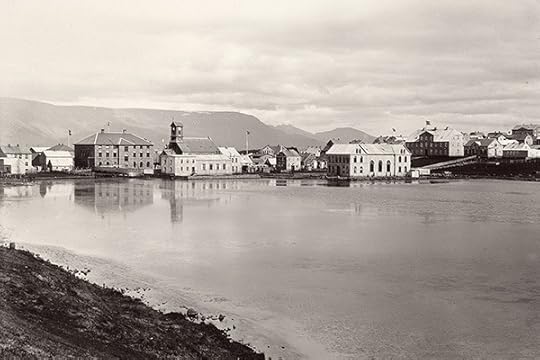What do you think?
Rate this book


246 pages, Paperback
First published January 1, 1957






He never gave any sign of knowing that his grandchild was nearby, and I never paid much attention to him either, and yet somehow I was always involuntarily aware of him in the background. I would hear him blowing his nose with long pauses between each blow, and then taking another pinch of snuff. His constant silent presence was in every cranny and corner of Brekkukot – it was like lying snugly at anchor, one’s soul could find in him whatever security it sought. To this very day I still have the feeling from time to time that a door is standing ajar somewhere to one side of or behind me, or even right in front of me, and that my grandfather is inside there, pottering away.
“For example, what does the word prana mean? Or karma? And maya?”
Obviously there was no one at Brekkukot who could answer this.
“And you don’t know either, young man – and you a pupil at the Grammar School?”
“No,” I said.
“There you are, then,” said Ebenezer Draummann. “Everyone wearing socks, and no one knows what prana is. Not even this young man from the Grammar School.”
Always sing just as you sang that day. Sing as if you were singing over a sea-scorpion. Any other singing is false. God only hears that one note. Anyone who sings for other people’s entertainment is a fool, but not quite such a fool as the man who sings for his own entertainment.
“Who are you?” he asked.
“Álfgrímur,” I said.
“Ah, so it wasn’t a lie after all?” he said, and smiled at me out of his dark brooding. I stood nailed to the road. Finally he walked up to me very simply and stretched out his hand:
“So you really exist after all. I thought I had dreamed it.
For some time no one had heard our clock, any more than if it had not existed. But for these last few days the living-room was quiet, and then I heard that it was still ticking away. It never let itself get flurried. Slowly, slowly went the seconds in my grandfather’s timepiece, and said as of old: et-ERN-it-Y, et-ERN-it-Y. And if you listened hard enough you could make out a sort of singing note in its workings; and the clear silver bell struck.

